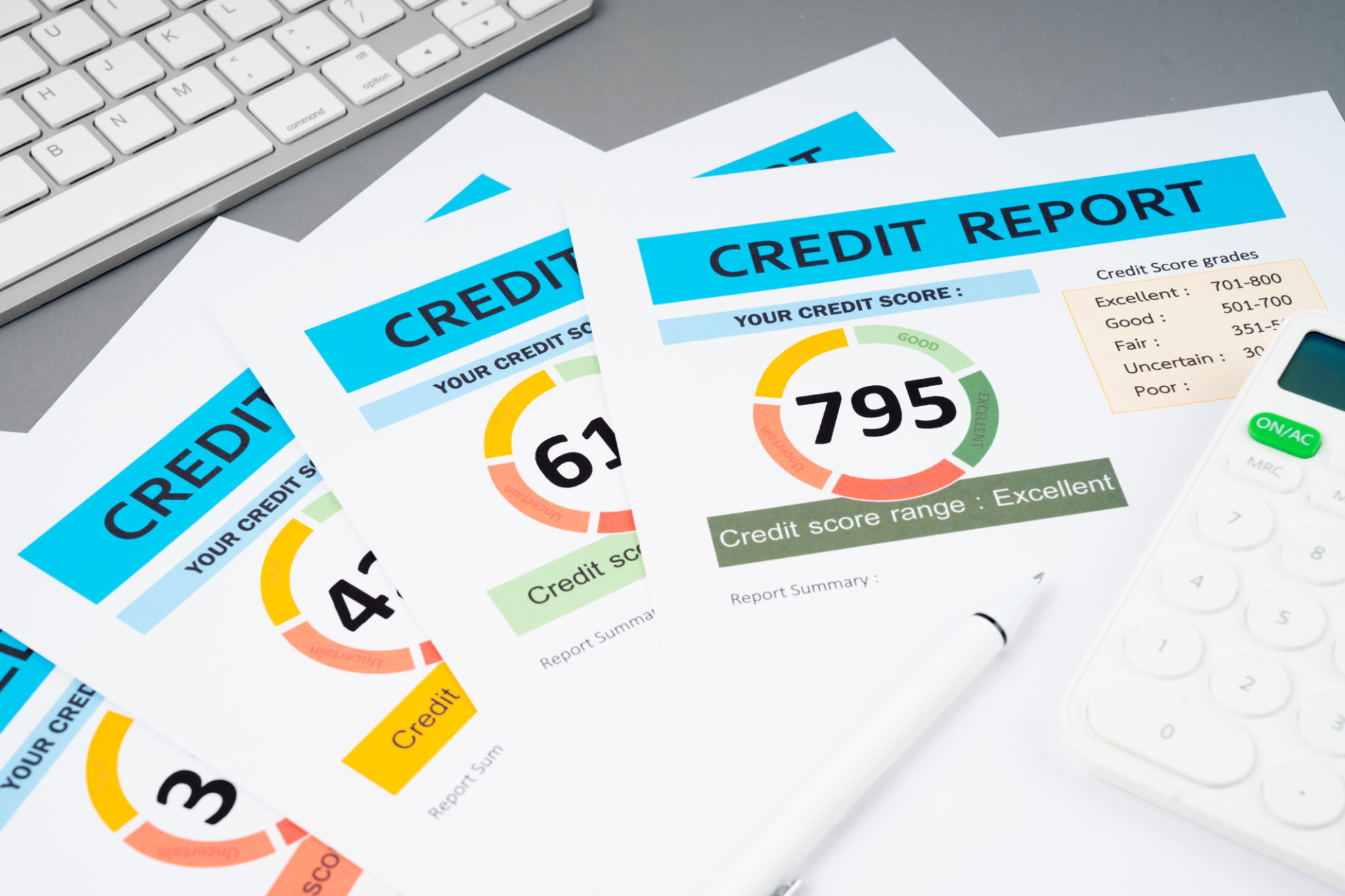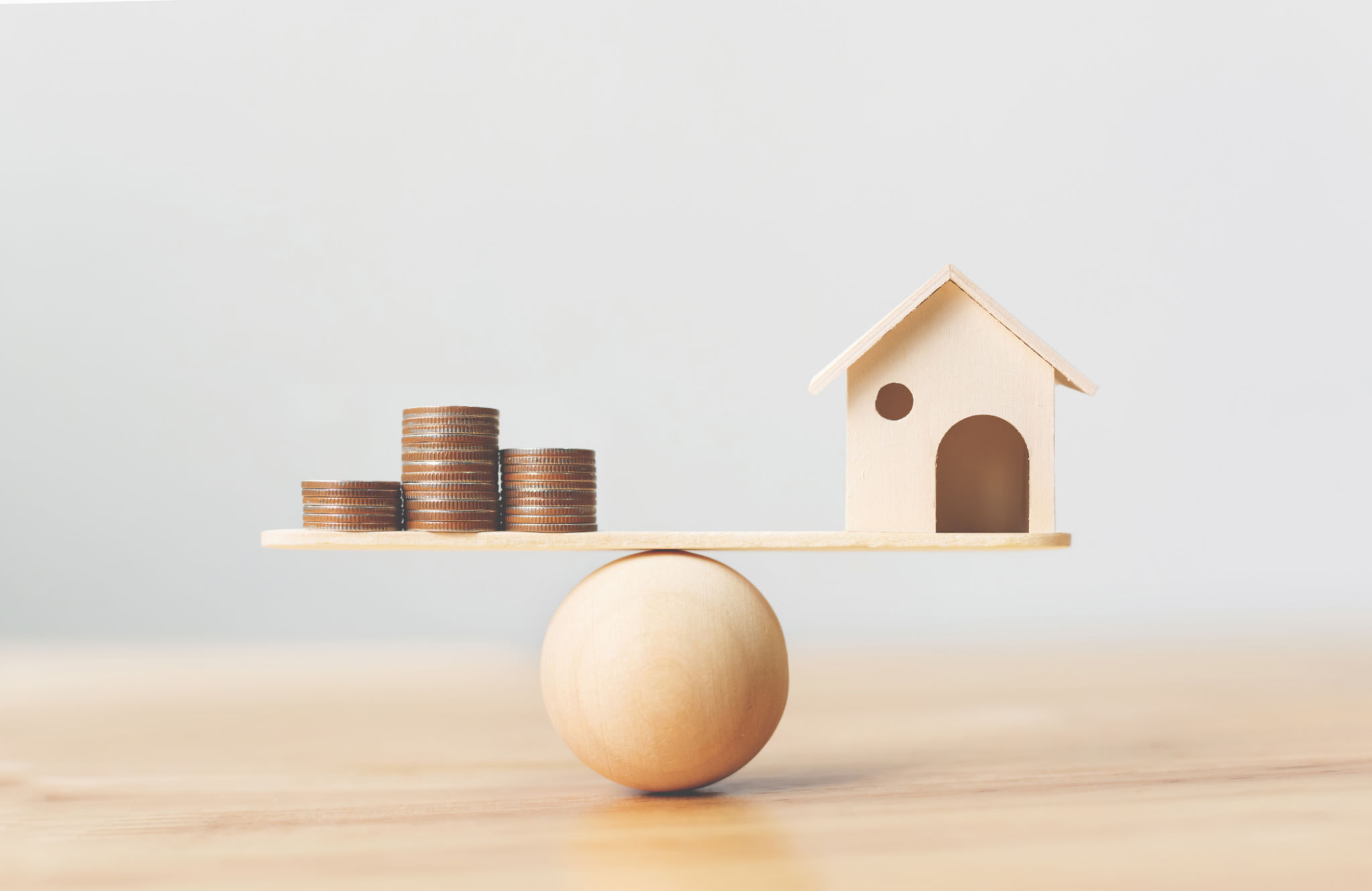DIY Credit Repair: Simple Steps You Can Take Today
Understanding Your Credit Report
Before you can start repairing your credit, it's crucial to understand what your credit report entails. Your credit report is a detailed record of your credit history, and it's used by lenders to assess your creditworthiness. Begin by obtaining a free copy of your credit report from each of the three major credit bureaus: Equifax, Experian, and TransUnion. You are entitled to one free report from each bureau annually through AnnualCreditReport.com.
Once you have your reports, go through them carefully. Look for any discrepancies or errors, such as incorrect personal information or accounts that don't belong to you. These inaccuracies can negatively impact your credit score, so it's important to address them promptly.

Dispute Inaccuracies on Your Credit Report
If you find errors on your credit report, the next step is to dispute them. Each credit bureau has a process for disputing inaccuracies, which you can usually do online. When filing a dispute, be sure to provide detailed information about the error and include any supporting documents. The credit bureau is required to investigate your claim, typically within 30 days.
Once the investigation is complete, the bureau will provide you with the results. If your dispute is successful, the error will be corrected, and your credit report will be updated. This can lead to an improvement in your credit score.
Pay Down Existing Debt
One of the most effective ways to repair your credit is to pay down your existing debt. Start by making a list of all your debts, including credit cards, loans, and other liabilities. Focus on paying off high-interest debt first, as this will save you money in the long run. Consider using the snowball method, where you pay off the smallest debts first to gain momentum.

It's also important to make at least the minimum payment on all your debts each month to avoid late fees and additional interest charges. Consistently paying down your debt will improve your credit utilization ratio, which is a significant factor in determining your credit score.
Establish a Positive Payment History
Your payment history accounts for a large portion of your credit score. To build a positive payment history, ensure that you pay all your bills on time, every time. Set up automatic payments or reminders to help you stay on track. If you've missed payments in the past, focus on getting current and staying current.
If you don't have much of a credit history, consider applying for a secured credit card. These cards require a deposit that acts as your credit limit and can help you build credit when used responsibly. Make small purchases and pay off the balance in full each month to demonstrate your ability to manage credit.

Limit New Credit Inquiries
While it might be tempting to apply for new credit to help improve your score, be cautious. Each time you apply for credit, a hard inquiry is made on your report, which can temporarily lower your score. Limit new credit applications and only apply for credit when necessary.
Instead, focus on maintaining your existing credit accounts and using them responsibly. Over time, your credit score will improve as you demonstrate good credit habits.
Monitor Your Credit Regularly
Finally, make a habit of monitoring your credit regularly. By keeping an eye on your credit report, you can quickly catch any errors or signs of identity theft. There are several free and paid services available that can help you track your credit score and receive alerts about changes to your report.
Regular monitoring will not only help you stay informed about your credit status but also motivate you to continue working towards a healthier credit score.
Repairing your credit is a process that takes time and dedication, but by following these steps, you can take control of your financial future and achieve a better credit score.
